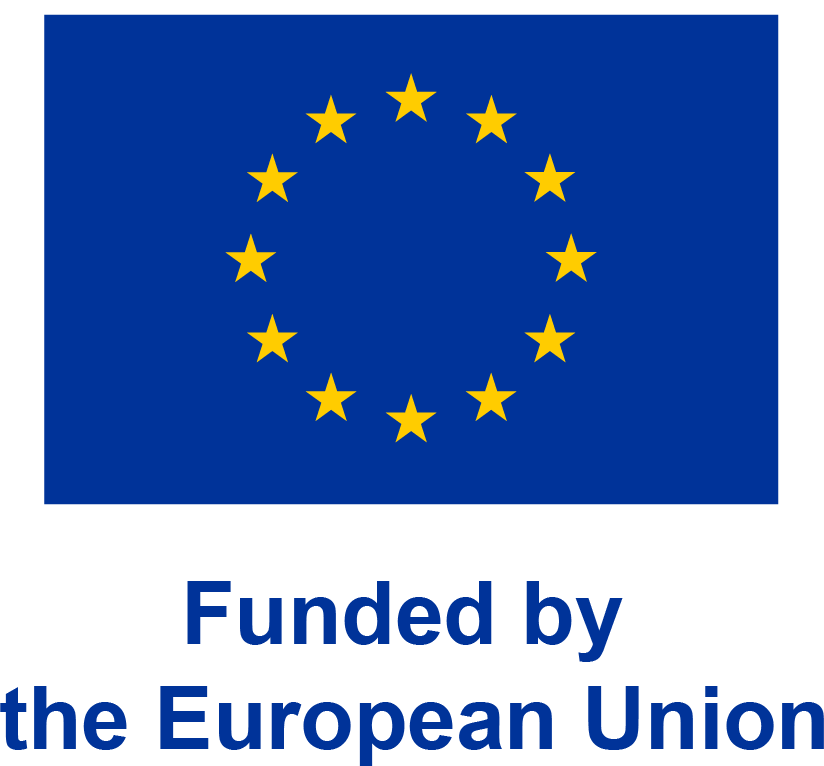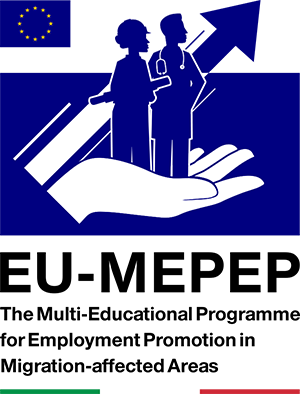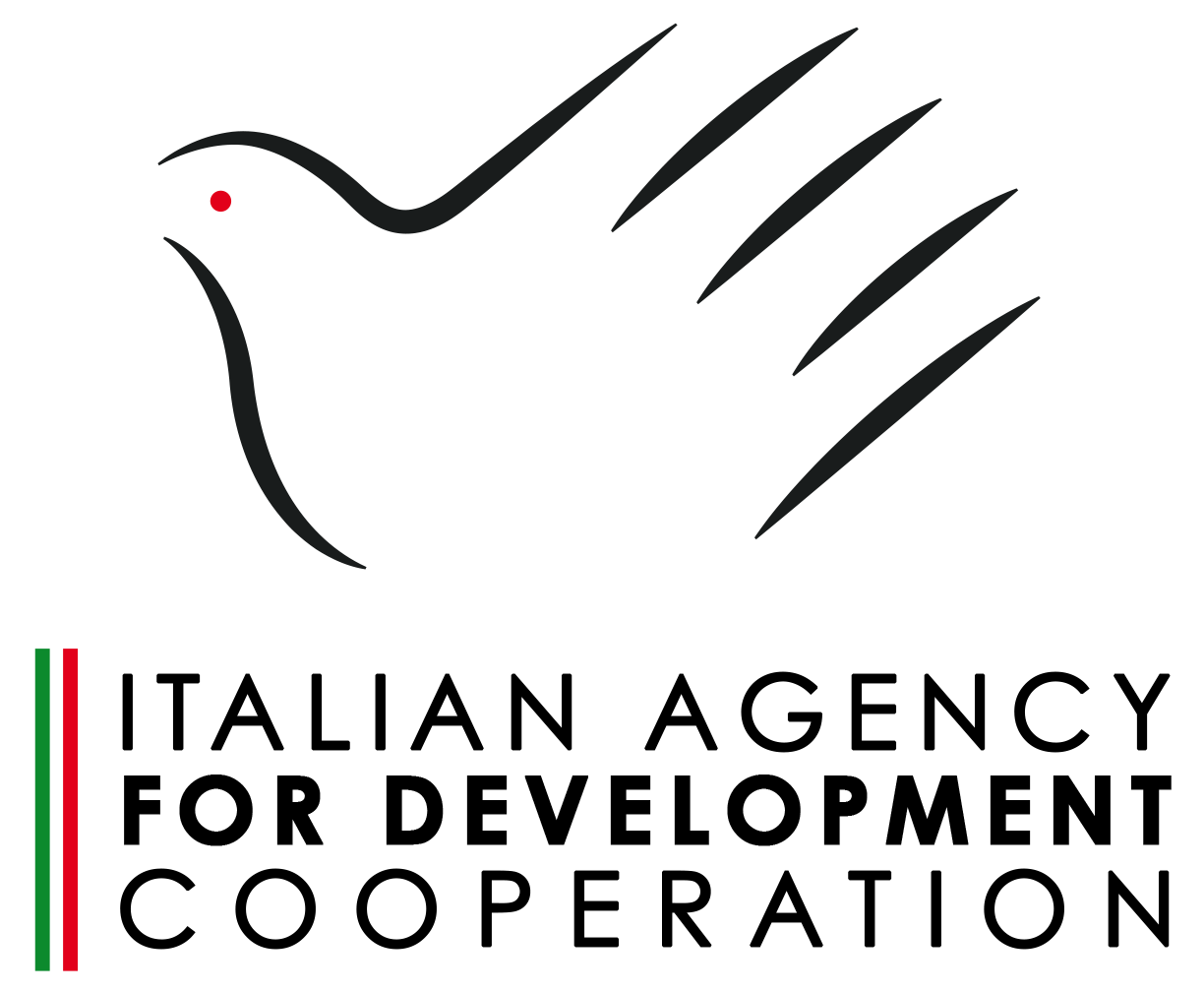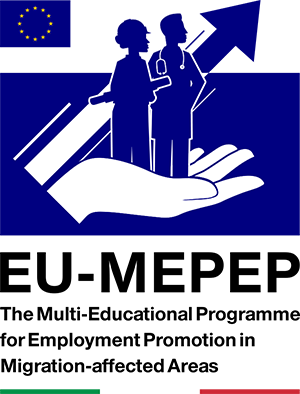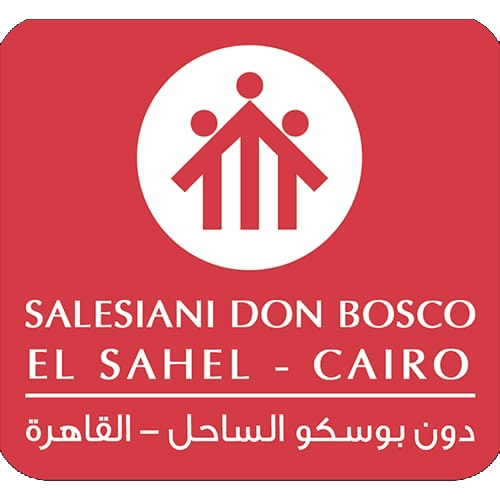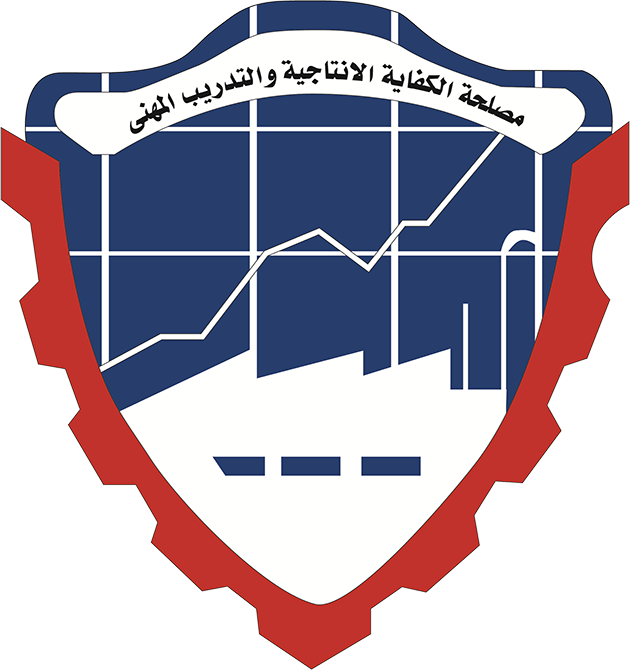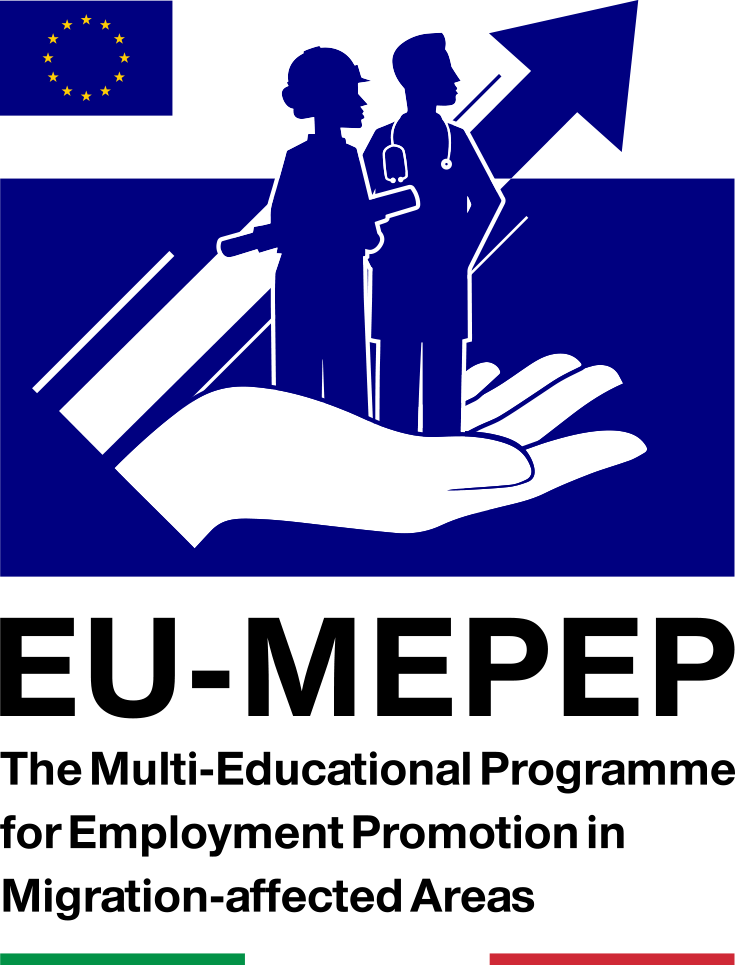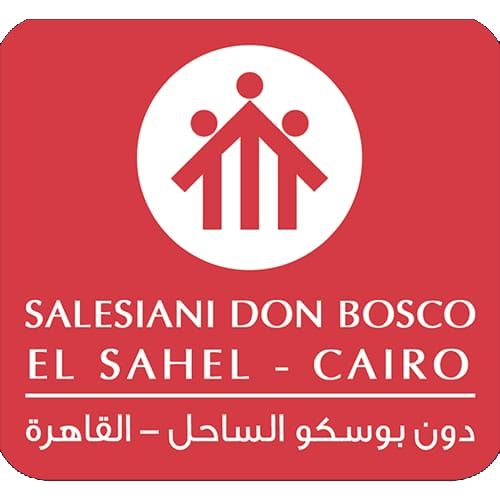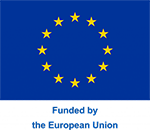Welcome to PESDO project
The “Promotion of Employment and Socio-economic Development Opportunities through a Better Quality TVET System in Sharkeya” (PESDO) project aims to enhance the effectiveness of the Technical and Vocational Education and Training (TVET) system in Sharkeya Governorate, Egypt. With a budget of €2,500,000 and a duration of 27 months (January 2023 – March 2025), the project is managed through a contribution agreement between Don Bosco Technical Institute and the Italian Agency for Development Cooperation (AICS).
The overall objective is to curb migration rates by improving the TVET system’s effectiveness and providing socio-economic advancement opportunities for local youth. The project focuses on building the capacity of local TVET providers to offer market-driven, competency-based vocational education, developing technical skills, enhancing job readiness, and promoting the inclusion of women and people with disabilities. Additionally, it facilitates graduates’ placement in the local labor market through guidance and employment officers, aiming to create sustainable livelihood opportunities and address socio-cultural barriers to vocational training participation.
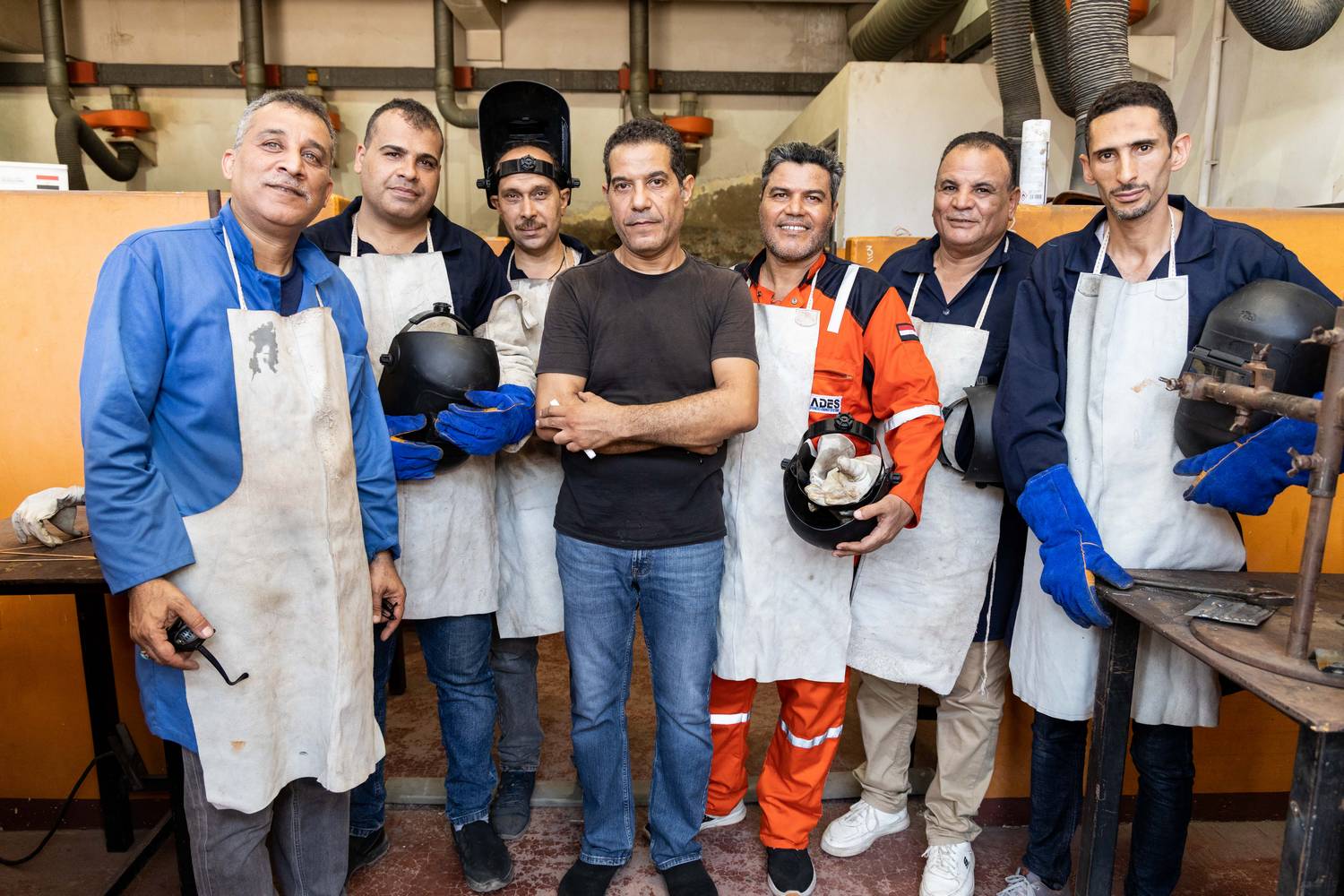
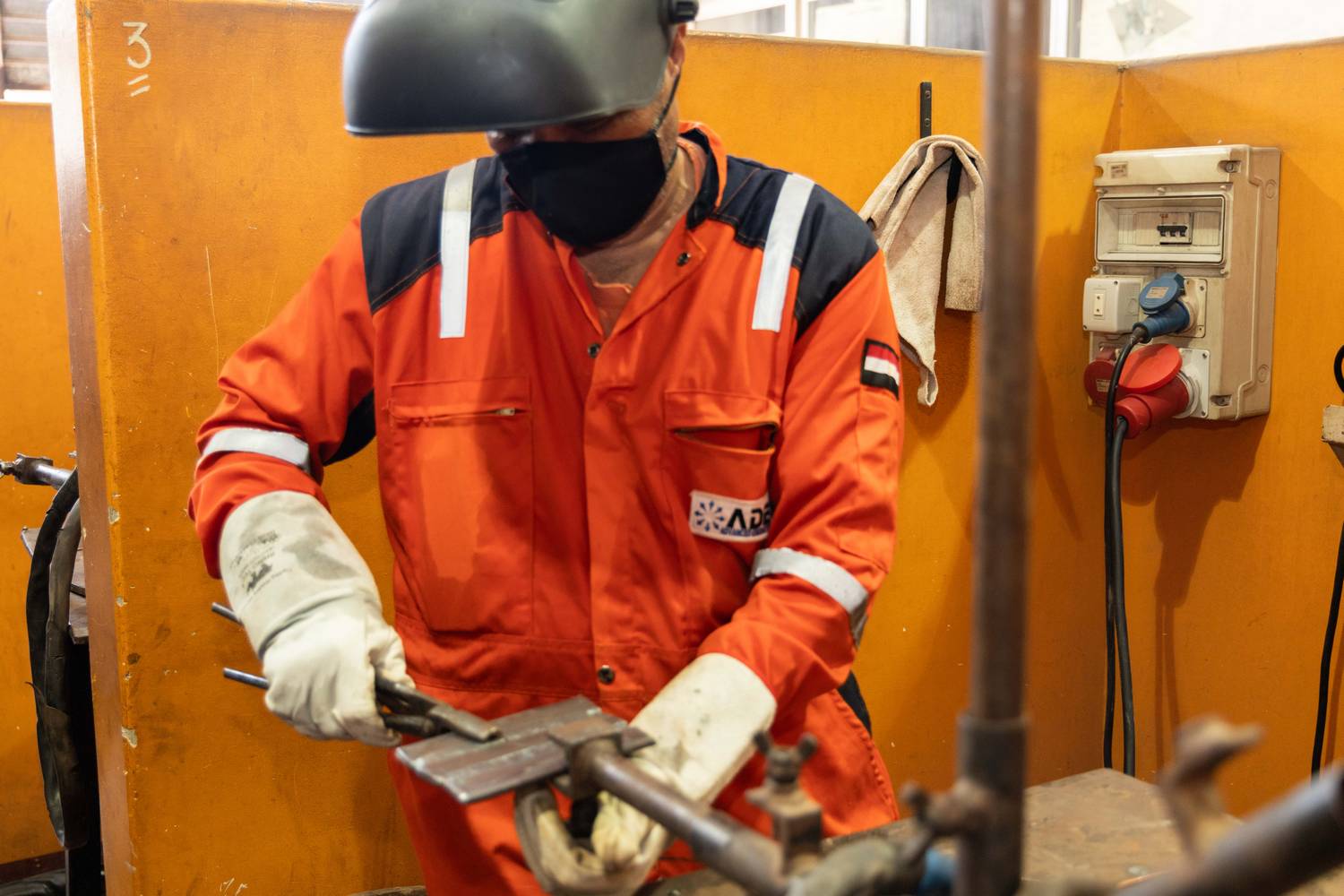
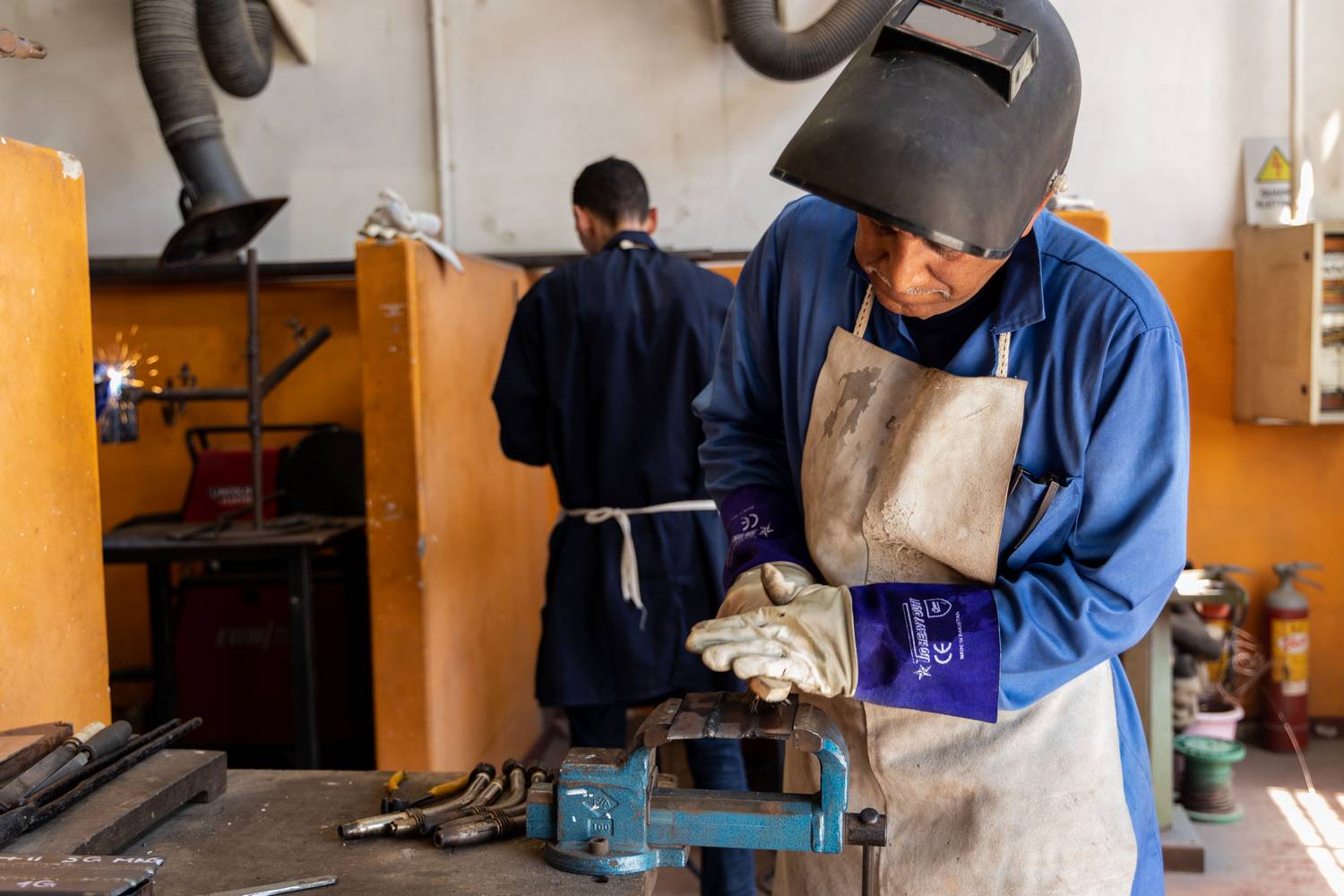
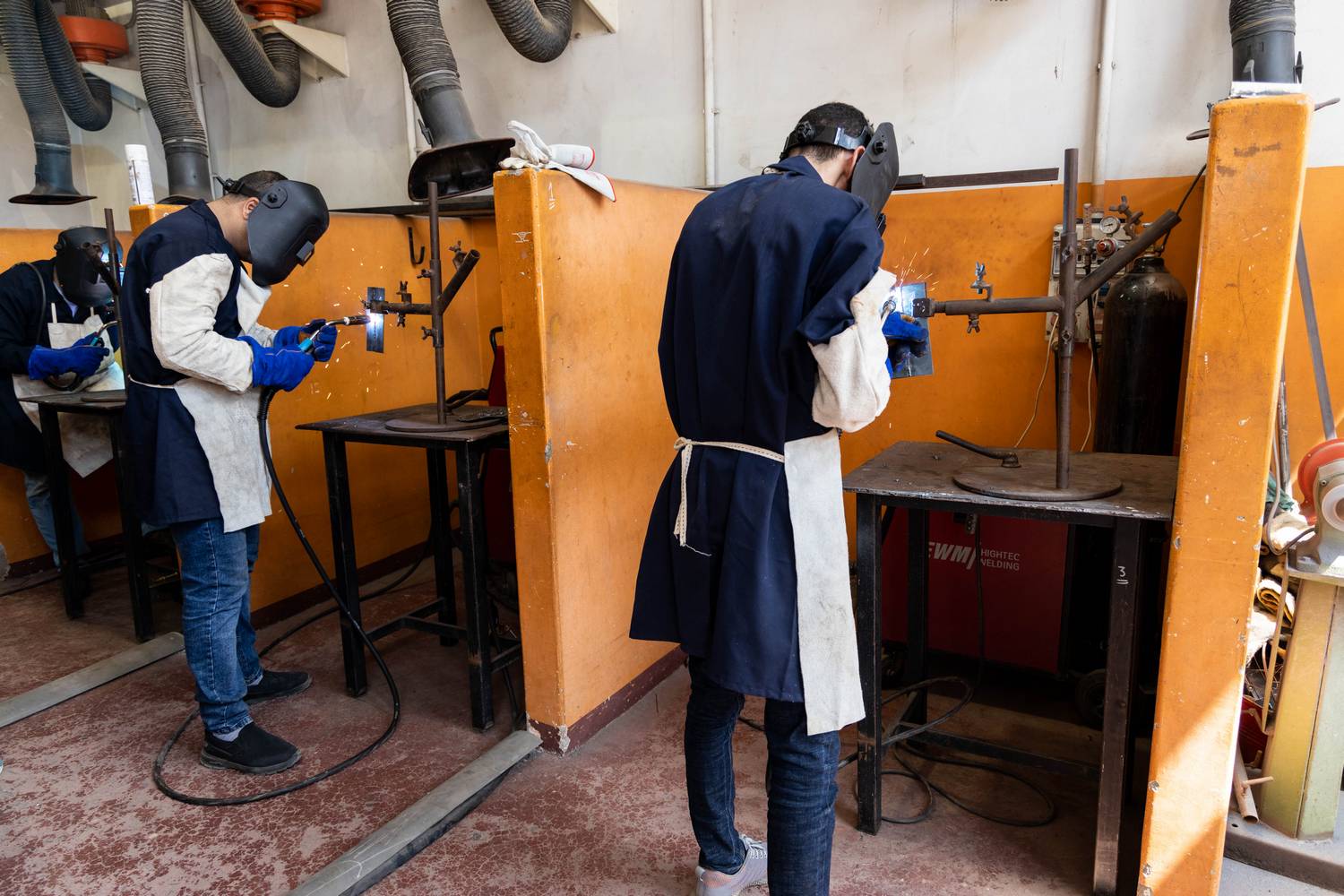
The Istituto Salesiano Don Bosco – Don Bosco Salesian Institute in Cairo (DBIC) is a non-profit educational institution since 1970, and it is nationally recognized in the TVET sector for its high-quality offer of technical training education delivered to marginalized Egyptian students, vulnerable Egyptians and Persons of Concern (PoCs). The Institute finds its roots back in 1926, year in which the Salesians, a Christian Catholic order founded by Father John Bosco in Turin, have arrived in Cairo starting dedicated themselves to teaching and training the younger generations: first for the Italian community present in Egypt, then for the local youth, who year by year have become the majority to now be the totality. For almost 100 years, Don Bosco Institute’s goal has been to provide technical and vocational education to young at-risk, and marginalized people by contributing to poverty and inequality reduction through employment generation. This is the result of a constant commitment and investment in strengthening and enhancing the skills of the teaching and support staff, educational and community spaces. Today, more than 100 people between laics and Salesian Fathers are working at the DBIC giving a strong contribution to the Don Bosco mission, which is to educate vulnerable youth using the so called “preventive system”: the young person is offered an environment in which he/she is encouraged to give the best of himself or herself, in recognition of his/ her own talents and limitations, in respect for others, and in discovering his/her own vocation. The uniqueness of the Don Bosco Salesian Institute as an implementing partner therefore lies not only in the educational vision that permeates its work, but also in the availability of space, materials and technical expertise aimed at personal growth and at increasing one’s capacity to find decent employment. In addition, in light of the partnerships that have emerged during the past few years with donors such as: the U.S. Bureau of Population, Refugees, and Migration (BPRM), GIZ – The German Agency for Development, ILO – International Labour Organisation, and AICS – Italian Agency for the Development Cooperation, the Don Bosco Salesian Institute has been able to support PoCs such as refugees, asylum seekers and vulnerable Egyptians through the enhancement of technical skills.
Mission
⦿ Reduce emigration rates by improving local job opportunities through a better TVET system.
⦿ Provide high-quality vocational training and skills development.
Vision
⦿ Create a sustainable, efficient, and market-driven TVET system in Sharkeya.
⦿ Empower local youth with the skills needed for socio-economic advancement.
Vulnerable Youth
Offering vocational training to improve their job readiness and socio-economic status.
Women
Encouraging the participation of women in technical training to promote gender equality and enhance their employment opportunities.
People with Disabilities
Facilitating access to vocational training for people with disabilities and promoting their inclusion in the labor market.
